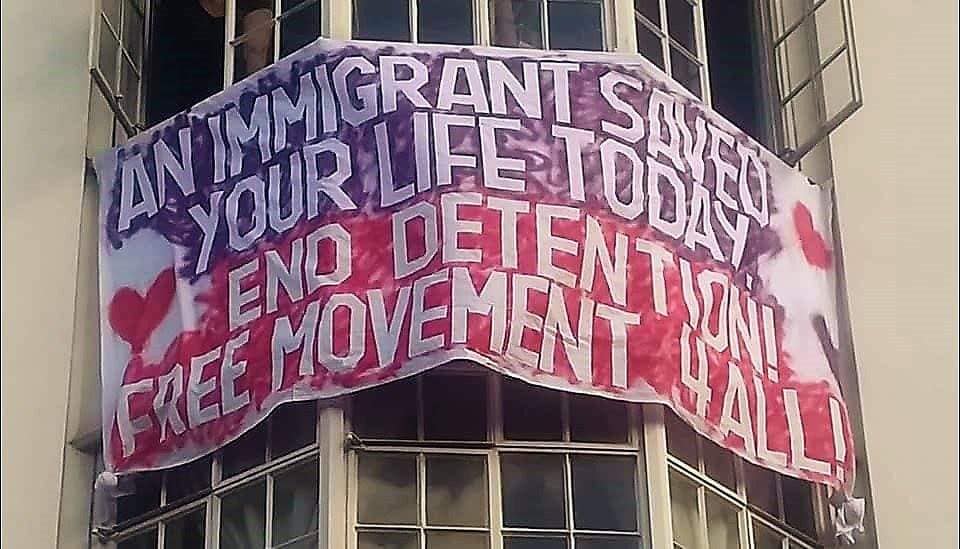What happens after the EUSS deadline?
With mere days left for EU nationals to apply to the Government’s post-freedom of movement scheme and guarantee their rights to stay in their homes, a disaster is looming.

On Wednesday 30th June, the deadline for Settled Status applications will pass.
Despite numerous warnings to the Home Office of the impossibility of reaching everyone in time, the Tory leadership seem determined to test the limits of their hostile environment policies by adding potentially hundreds of thousands to those already suffering through them.
Once again, the issue is not so much whether the system works or not but how it has been communicated to people and crucially, who is being missed.
Just three weeks before the official deadline, the Home Office – under pressure from legal action by third sector organisations supporting EU nationals, revised their guidelines relating to covid-19 and absences from the country. On paper, the new regulations will mean many more people who previously worked and lived in the UK but had to leave for health or economic reasons due to the pandemic will retain their right to apply for the more secure settled status once their pre-settled status expires. This is undoubtedly good news but comes too late and too quietly for thousands of EU nationals who would have already read the old guidance or received advice informing them they’ve overstayed their allowed absences and will not be able to settle permanently through the scheme. Some of them will still choose to return and make use of the new regulations, but many will not bother and will have already decided on a plan B that does not include the UK.
Similarly, we hear platitudes about the generous system allowing late applications, people being given a 28-day notice within which to make an application if found without status and the ‘flexibility’ of the Home Office. What this misses out is that immigration rules set in law are neither generous nor flexible. The late applications will still have to provide reasonable grounds – which could be questioned or denied. People will be issued with a certificate of application when they’ve successfully submitted a late application but in the period preceding the application they will have broken immigration law and resided in the country without a lawful status. This ‘negative’ gap in immigration history will have implications if late applicants decide to one day apply for citizenship and it could have an impact further down the line on their eligibility to claim welfare.
Meanwhile, landlords and employers are only now receiving clear guidance on how to proceed with right to work checks after 30 June. The Home Office is advising that they needn’t make retrospective checks on people already employed – but that is not the same as saying they must not do so. It is no wonder landlords and employers are already turning away those who cannot demonstrate they hold a status under the scheme and this is causing issues for the over 400 000 nationals with pending applications. Once again, lack of clear data means we do not know how many more thousands will be applying late.
Not only is the Home Office not guaranteeing the rights of those making late applications, it is unable or unwilling to ensure the rights of EU nationals with pending applications, as even local authorities, schools and NHS trusts have started demanding proof of status ahead of the deadline.
Just like with every other aspect of Brexit, the EUSS scheme and its failures are only beginning to be seen.
June 23, 2021
Brexit Spotlight is run by Another Europe Is Possible. You can support this work by joining us today. The website is a resource to encourage debate and discussion. Published opinions do not necessarily represent those of Another Europe.





